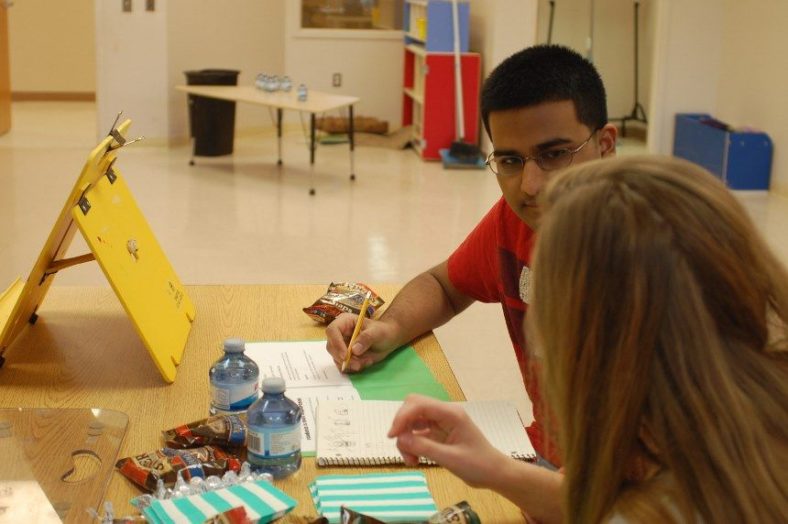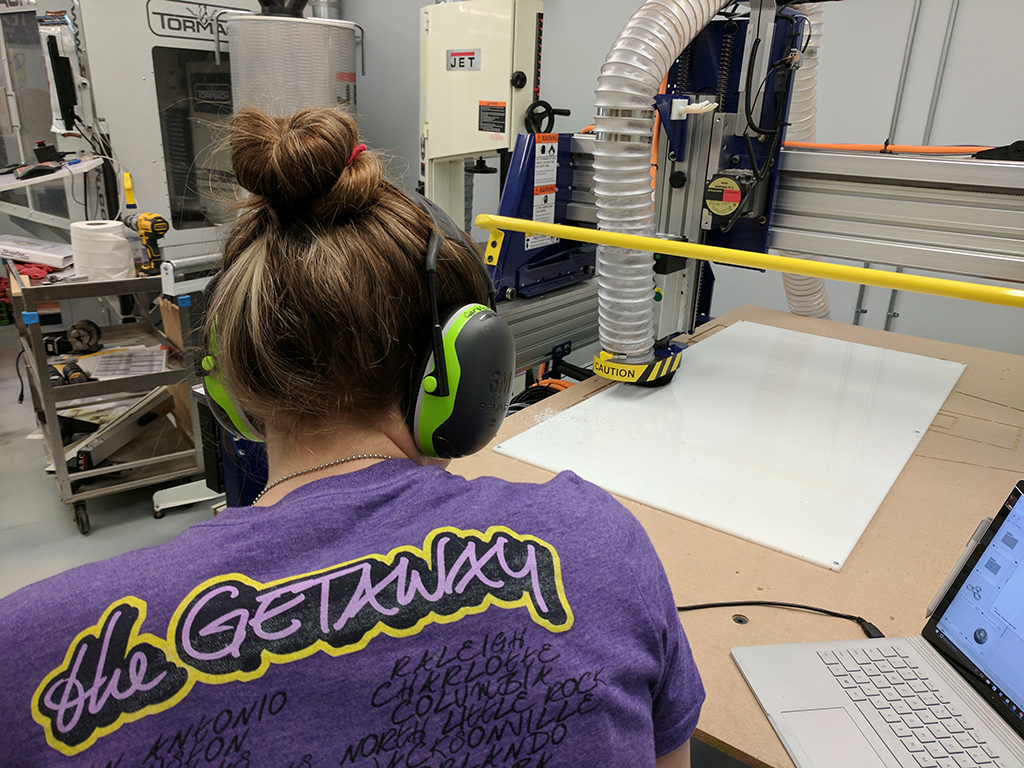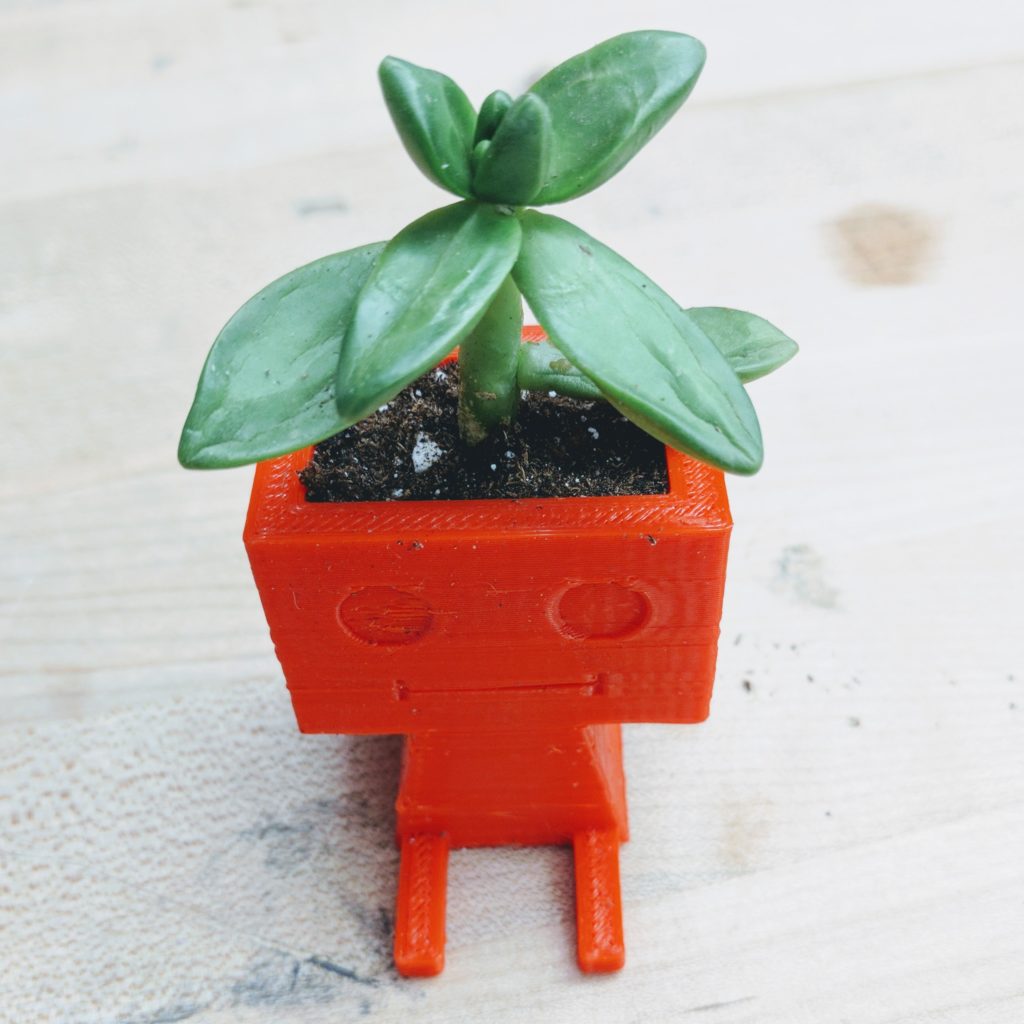I was recently asked about differences (and similarities) between Career and Technical Education (CTE) and Maker Education. In 13 years of teaching, with shifts in focus between tech ed, vocational/CTE education, and maker education, I’ve had a chance to get familiar with all three. They’re certainly related, but each focuses on different elements of the educational experience. First, a little background on the three:
Career and Technical Education
Career and technical education is exactly what it sounds like – education intended to prepare students to enter the workforce. Traditional vocational education falls under this category, but CTE also includes programs like the one I currently teach at, which combines engineering technology with challenging academic courses. Students in CTE programs generally continue their education in some way after high school, whether by pursuing additional technical training or attending college. The distinguishing characteristic of a CTE program is that it prepares students for a specific career path or cluster of career paths, although may not necessarily be intended for students to enter the workforce directly as a traditional vocational program would be.
Technology Education
Technology education is an evolution of what was previously most commonly typically referred to as shop class or industrial arts education. It’s an incredibly broad field, with courses ranging traditional shop classes like woodshop and auto repair to more recent courses like robotics, video production, digital fabrication, and just about anything else that could be considered technology. Where CTE is often the focus of a student’s time in school, technology education classes tend to be an element of a typical academic high school experience. These courses are typically electives, where CTE courses are typically mandatory or a set of options to choose from in filling a mandatory CTE spot in the schedule. This is what my formal training is in, although it is easily adaptable to both CTE and maker education.
Maker Education
Maker education focuses on the designed environment and how we can shape it to suit our needs and our environment. It usually includes technology education/CTE skills, but focuses more on the maker mindset than on specific techniques, at least when done well. It’s a mindset that emphasizes creativity, curiosity, and ongoing learning. It’s typically more open-ended than CTE and technology education (especially CTE), because it doesn’t have CTE’s certification requirements or the more established and specific curricula of most technology education and CTE programs. Like the 3D printers that are so common in maker education, maker ed isn’t as new and novel a development as people think it is – it’s being emphasized more now than ever, but it really has its roots in old school constructivist teaching methods. Take constructivist education methods, apply them to technology education’s emphasis on problem solving and engineering design, and you’ve got maker education.
Thoughts
None of these three types of programs are better or worse than another, they’re just different and serve different purposes. In discussing with Kevin Jarrett and Krissy Venosdale, Krissy brought up that maker education is by far the best suited of the three for working with the youngest students. Specific technical skills can wait, but the mindset of being able to create, to modify and improve your world, and to learn new things can grow with a student and stay with them throughout their life. It’s a mindset associated with makers and hackers (the good kind), but traditionally not emphasized in schools, and it can help people stay on top of a world changing faster with each passing day.
CTE programs are primarily intended for older students, who have more of the general education needed to develop industry-specific skills and are looking more at post-secondary education and careers. Many forward-thinking CTE programs will also prepare students for adaptation to changing demands, but it isn’t the primary focus for these programs. Technology education and maker education can be incorporated into these programs to give students the benefits that come from them as well. Many CTE programs have a capstone project of some sort, which is a great way to incorporate the maker mindset and technical skills into work at a scale beyond what takes place in a typical high school course.
Technology education falls into a middle ground and is typically focused on problem solving and on more specific technical skills. It tends to be narrower in scope but delve deeper into topics covered than maker education, but without necessarily focusing on a specific field of study for multiple years like CTE programs do. Technology education programs take place at all age levels, and the courses are an important element of both maker education programs as well as many varieties of CTE programs.
What are your thoughts? I’d love to hear them.




Recent Comments